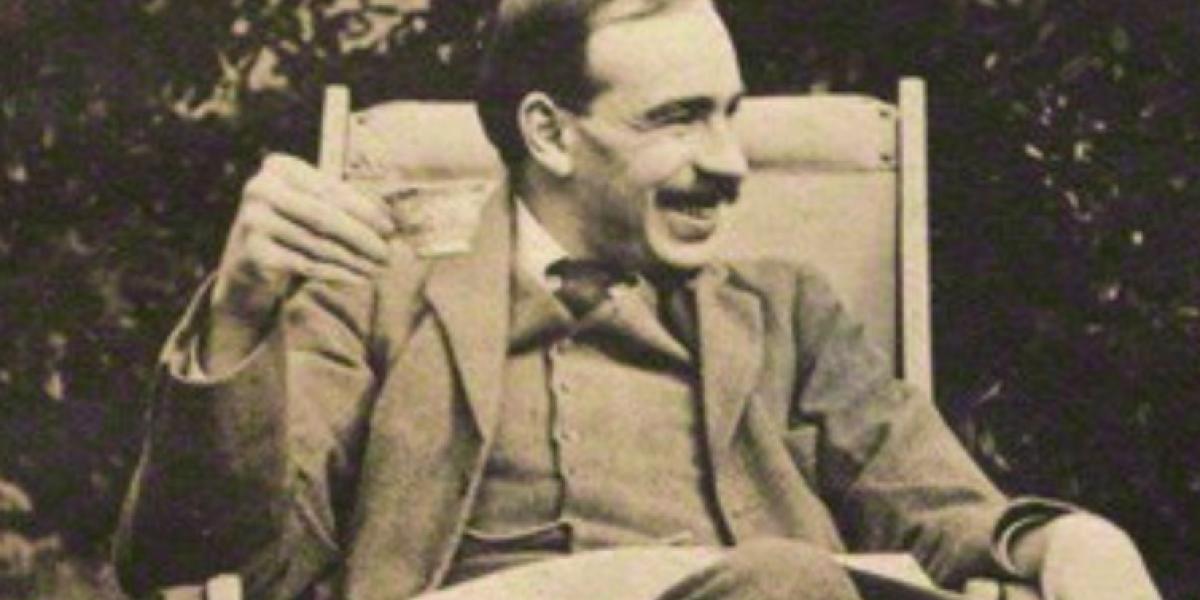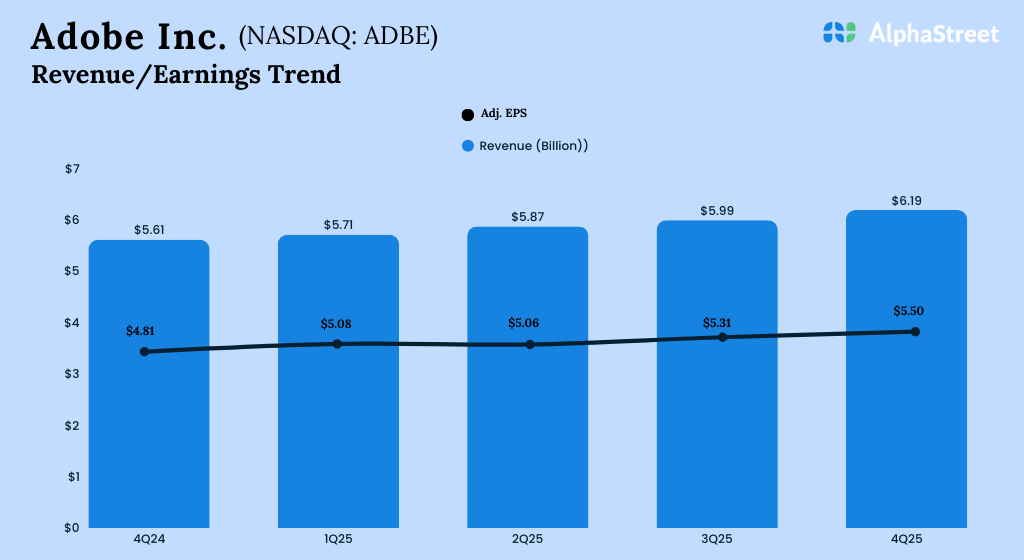While Austrian economists from Ludwig von Mises to Henry Hazlitt to Murray Rothbard have dealt with the various fallacies that John Maynard Keynes laid out in The General Theory and other works—and they are legion—only Rothbard chose to deal with the philosophical/moral aspects of Keynes’s viewpoints in Keynes, the Man, and he finds that these viewpoints indeed influenced his economic thinking.
Economists, like most academics, prefer to separate someone’s economic views from one’s views on religion, morality, and the like, believing that the latter are not relevant to evaluating the former. Furthermore, many statists and socialists also have been highly moral Christians, such as Ronald Sider, who wrote Rich Christians in an Age of Hunger, and Wilfred Wellock, who called for Christian Communism.
(Indeed, many Christians, like Jim Wallis, have held orthodox theological viewpoints yet also uncritically supported many communist revolutions of the 20th century, despite the fact that communism also was based upon atheism and its adherents murdered millions of people in the name of “serving the people.” I have dealt with people of these persuasions elsewhere.)
Yet, both Rothbard and Hunter Lewis—author of Where Keynes Went Wrong—indicate that the anti-savings and pro-free spending views that dominate The General Theory have their roots in the moral worldviews that Keynes held. Rothbard notes that one of the driving forces in Keynes’s economic worldview was,
…his deep hatred and contempt for the values and virtues of the bourgeoisie, for conventional morality, for savings and thrift, and for the basic institutions of family life.
In examining Keynes’s affiliations with the Society of the Apostles while in college at Cambridge University, Rothbard writes:
Two basic attitudes dominated this hermetic group under the aegis of Keynes and (Giles Lytton) Strachey. The first was their overriding belief in the importance of personal love and friendship, while scorning any general rules or principles that might limit their own egos; and the second, their animosity toward and contempt for middle class values and morality. The Apostolic confrontation with bourgeois values included praise for avant-garde aesthetics, holding homosexuality to be morally superior (with bisexuality a distant second), and hatred for such traditional family values as thrift or any emphasis on the future or long run, as compared to the present. (“In the long run,” as Keynes would later intone in his famous phrase, “we are all dead.”)
Indeed, Keynes throughout his career looked down upon anything that was tied to low (or long) preferences, which are necessary for the creation of the savings pool that helps to fuel capital development. At the same, Keynes and his followers denied that rules of social conduct even applied to them, as Keynes wrote (vol. 10, pp. 446-447) in 1938 (as Rothbard records):
We entirely repudiated a personal liability on us to obey general rules. We claimed the right to judge every individual case on its merits, and the wisdom to do so successfully. This was a very important part of our faith, violently and aggressively held, and for the outer world it was our most obvious and dangerous characteristic. We repudiated entirely customary morals, conventions and traditional wisdom. We were, that is to say, in the strict sense of the term, immoralists.
As Mises contended, economic theory is, or at least should be, value free, or, as Mises wrote in German, Wertfreiheit. Yet, Misesian Hans-Hermann Hoppe has written that saving and holding to low time preferences are important, not only in building capital structure in an economy, but also to the development of civilization itself. Time preference has its place in explaining the phenomenon of interest, which is based upon value-free analysis, while exemplifying low time preferences also requires a worldview that is based upon the ability and desire to put off some present consumption of goods and save so that one can consume even more in the future.
Certainly, one can argue that the ability to delay gratification is a sign of maturity, which also helps to promote the social cooperation needed in an advanced economy. Such thinking was at the heart of economic thinking before the 1930s. Yet, to Keynes, such thinking smacked of a morality play in which the characters were to engage in self-denial when, in fact, indulgence was the key to wealth and happiness. In fact, he wrote in Redbook in 1934 that a country “obviously” could spend its way to an economic recovery (vol. 21, p. 334).
For all of the so-called sophistication that goes into Keynesian analysis, it is built upon a worldview that promotes short or high time preferences, an economic version of “eat, drink, and be merry, for tomorrow we die.” Furthermore, Paul Krugman—a modern Keynes disciple—has written that the Austrian Business Cycle Theory (ABCT) is little more than a crabbed view of the world in which so-called economic good times must always be (unnecessarily) followed by periods of recession. Mistakenly calling the ABCT “the Hangover Theory,” Krugman writes:
The hangover theory is perversely seductive—not because it offers an easy way out, but because it doesn’t. It turns the wiggles on our charts into a morality play, a tale of hubris and downfall. And it offers adherents the special pleasure of dispensing painful advice with a clear conscience, secure in the belief that they are not heartless but merely practicing tough love. Powerful as these seductions may be, they must be resisted—for the hangover theory is disastrously wrongheaded. Recessions are not necessary consequences of booms. They can and should be fought, not with austerity but with liberality—with policies that encourage people to spend more, not less.
This is not to imply that consumer spending is immoral or that only virtuous people save money. However, much of what we see as “moral” behavior involves the ability to postpone at least some gratification and to be able to wait. The Christian religion emphasizes such behavior as being moral, as do other religions. Indeed, this very aspect of many religions clashed with Keynes’s view that one should be able to do as one pleases without restraint. Rothbard writes:
But many other aspects of his career and thought confirm Keynes’s lifelong immoralism and disdain for the bourgeoisie. Moreover, in his 1938 paper, delivered at the age of 55, Keynes confirmed his continuing adherence to his early views, stating that immoralism is “still my religion under the surface. … I remain and always will remain an immoralist” (Harrod 1951, pp. 76–81; Skidelsky 1983, pp. 145–46; Welch 1986, p. 43).
Into adulthood, Keynes became a member of what was called the Bloomsbury Group. Like the Cambridge Apostles, its members eschewed traditional morality and other Victorian values, especially in the area of sex. Writes Rothbard:
Bloomsbury’s values and attitudes were similar to those of the Cambridge Apostles, albeit with more of an artistic twist. With a major emphasis on rebellion against Victorian values, it is no wonder that Maynard Keynes was a distinguished Bloomsbury member. One particular emphasis was pursuit of avant-garde and formalistic art—pushed by art critic and Cambridge Apostle Roger Fry, who later returned to Cambridge as Professor of Art. Virginia Stephen Woolf would become a prominent exponent of formalistic fiction. And all of them energetically pursued a lifestyle of promiscuous bisexuality, as was brought to light in Michael Holroyd’s (1967) biography of Strachey.
One should note that just because Keynes reveled in what could be called immoral behavior does not mean his economic ideas were immoral. After all, I have known some free-market economists who have not led exemplary lives outside of their classrooms. And as I noted earlier, I have known some socialists who certainly would have made good neighbors.
So, why claim that Keynesian economics is immoral? It is because Keynesians economists claim that by creating new money and increasing spending, the government can create new wealth that will spur economic growth. That is a lie, period. As Murray Rothbard has noted, new money creation and borrowing and spending simply transfers wealth from those who are in line to receive the new money from those who will receive that money much later. To add insult to injury, the recipients of the new money generally are wealthier than the people who have wealth transferred from them. That is because the first in line for new money see a rise in their incomes but pay for goods at the current prices.
However, as the new money works its way through the economy, prices increase, so those who are at the “back of the line” will pay the higher prices but will not see the same increase in their own incomes. This is where the wealth transfers take place, and there is nothing mysterious about it. The economy may seem to be “stimulated,” but the inflation actually undermines the economy.
Given Keynes’s arrogance and his contempt for savers and the British bourgeoisie in general, it is not surprising that he would advocate an economic system built upon fraud. Furthermore, given that Keynes’s views mirror those of American, British, and European elites, no one should be shocked that they would endorse the Keynesian schemes. “Immoralists,” as one might expect, will support immoral economics.

























